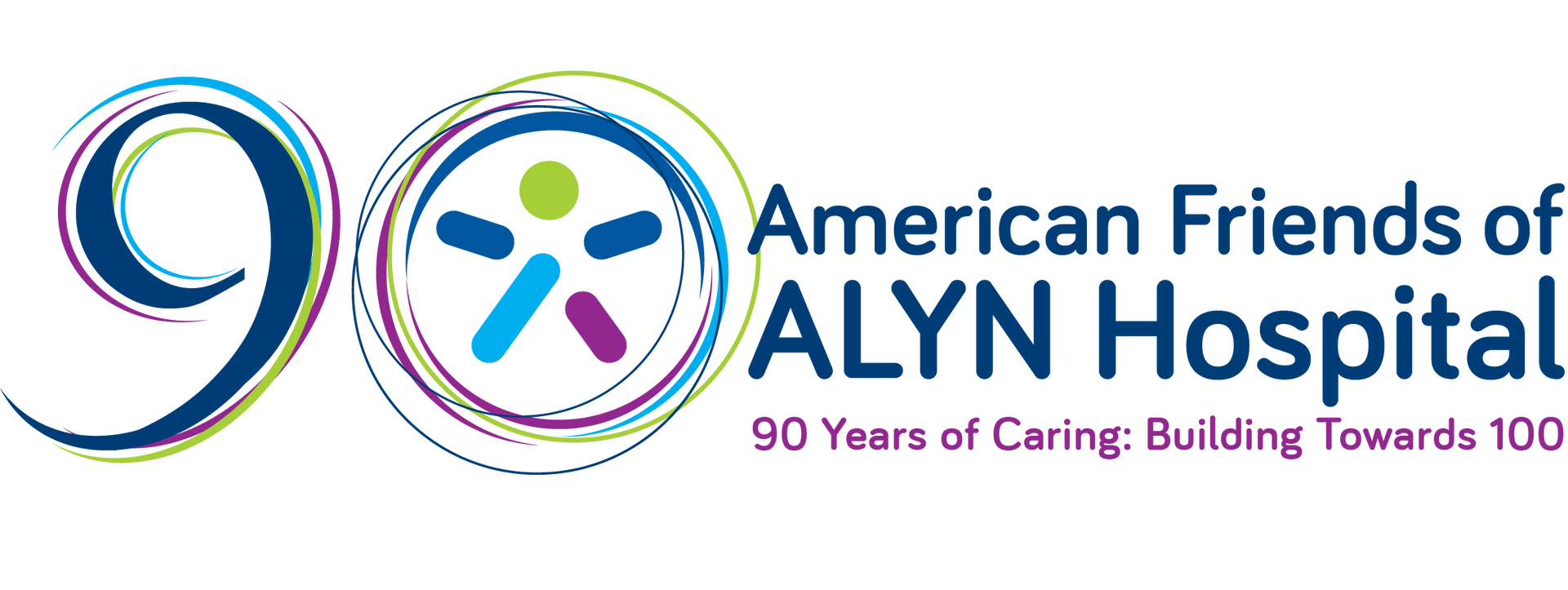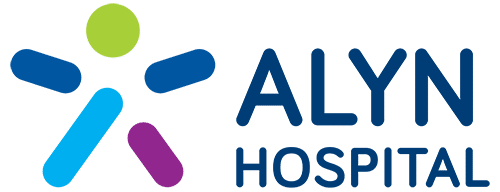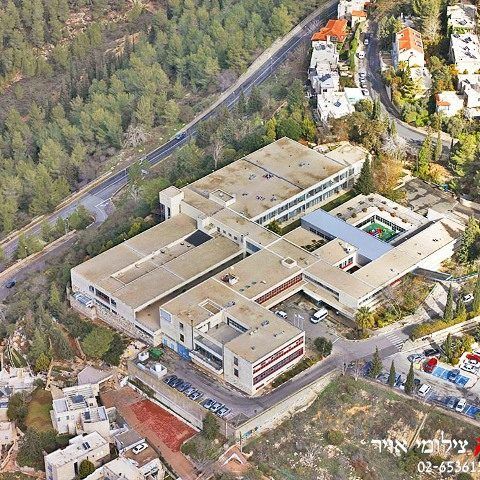Meet the Kids
Read patient stories and get to know the kids impacted by your support.
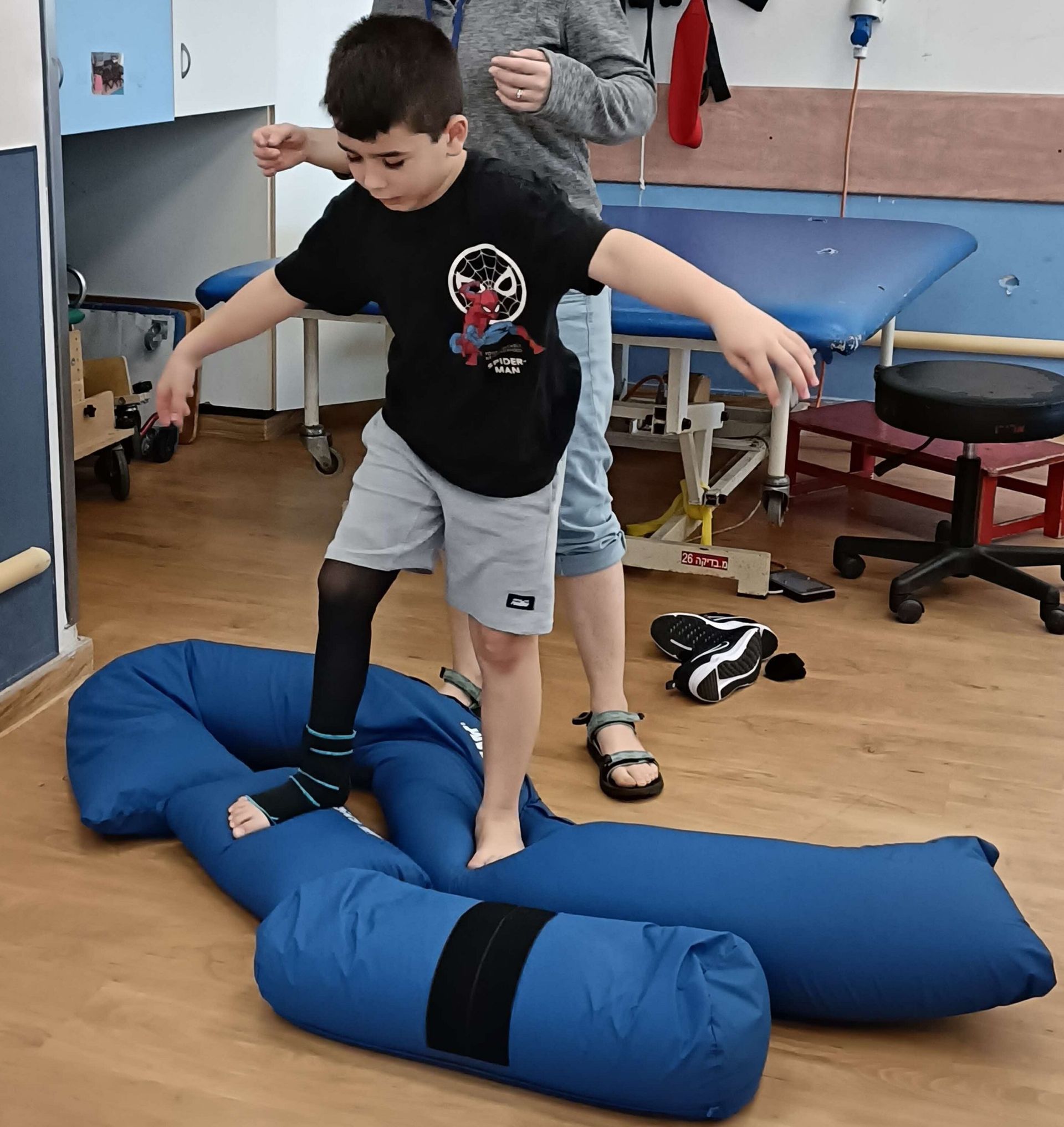
After a tragic road accident that nearly cost him his leg, Amri spent months in rehabilitation at ALYN Hospital before returning home to his friends and family—and along the way, his parents shared a message that stayed with us: "In a magical city, between mountains and quiet neighborhoods, there is a place like no other. Anyone lucky enough to arrive here discovers something wondrous, a home filled with superheroes disguised as everyday heroes, angels in the form of nurses and caregivers, and musicians conducting the orchestra in the shapes of doctors and therapists. Four months ago, we came here lost and hurting. Between long days and longer nights, within the walls of the ward, you lit a light for us, a light of gentleness, of patience, of boundless humanity. In a difficult time, you became our anchor, the steady hand that held us when our strength trembled, and the wide, wordless embrace that carried us forward. You do not only heal wounds, you also restore faith. You do not only treat the body, you also touch the soul. Thank you for being the light in our healing journey, for turning pain into hope…"
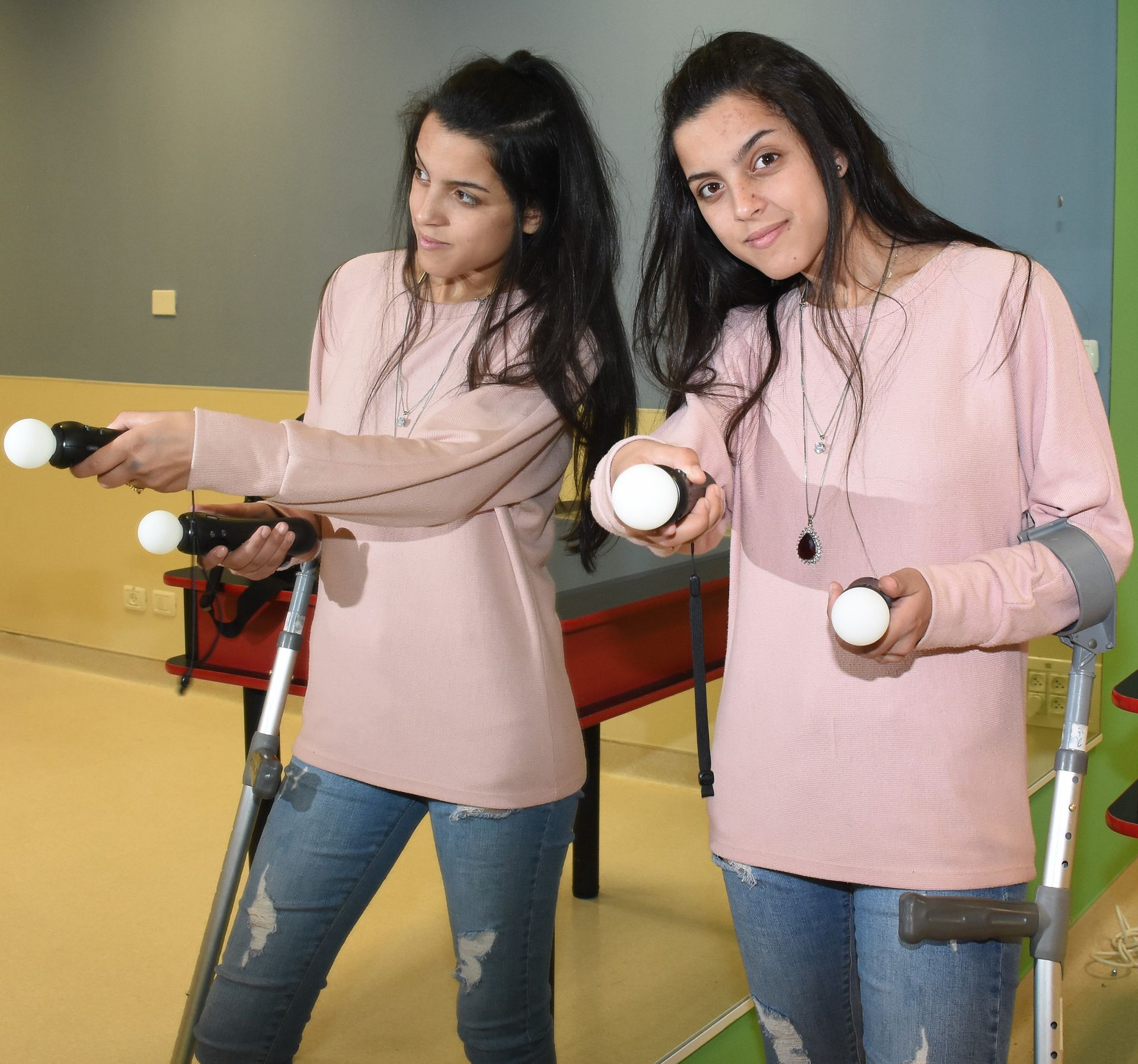
Gharam, a 14-year-old from Jerusalem, has a simple wish: to be able to walk normally and go out with her friends, like she used to before she was badly injured in a car accident. After a complex surgery and three months in a cast, Gharam visits ALYN Hospital for weekly occupational therapy sessions. She spends some of her time in the Virtual Reality (VR) room using products developed by Senserum , an ALYNnovation portfolio company. The VR room is inviting and welcoming. Once the children put on their VR headsets, they are transported to a world devoid of disabilities and difficulties. Instead, they are immersed in a game or action that requires mobility. It’s hard work, but they WANT to do it so they can win the game or succeed at the task they’ve been given. “It’s fun for me and I enjoy the VR therapy,” Gharam says with a smile. “Some of the other therapies are boring or painful. In the VR room I move much more because I forget the pain and concentrate on the games and activities.” And Gharam? She is working hard toward her goal of walking without crutches. “In the VR room I am walking much better. I can’t wait to walk everywhere without pain, get back to school and hang out with my friends”
